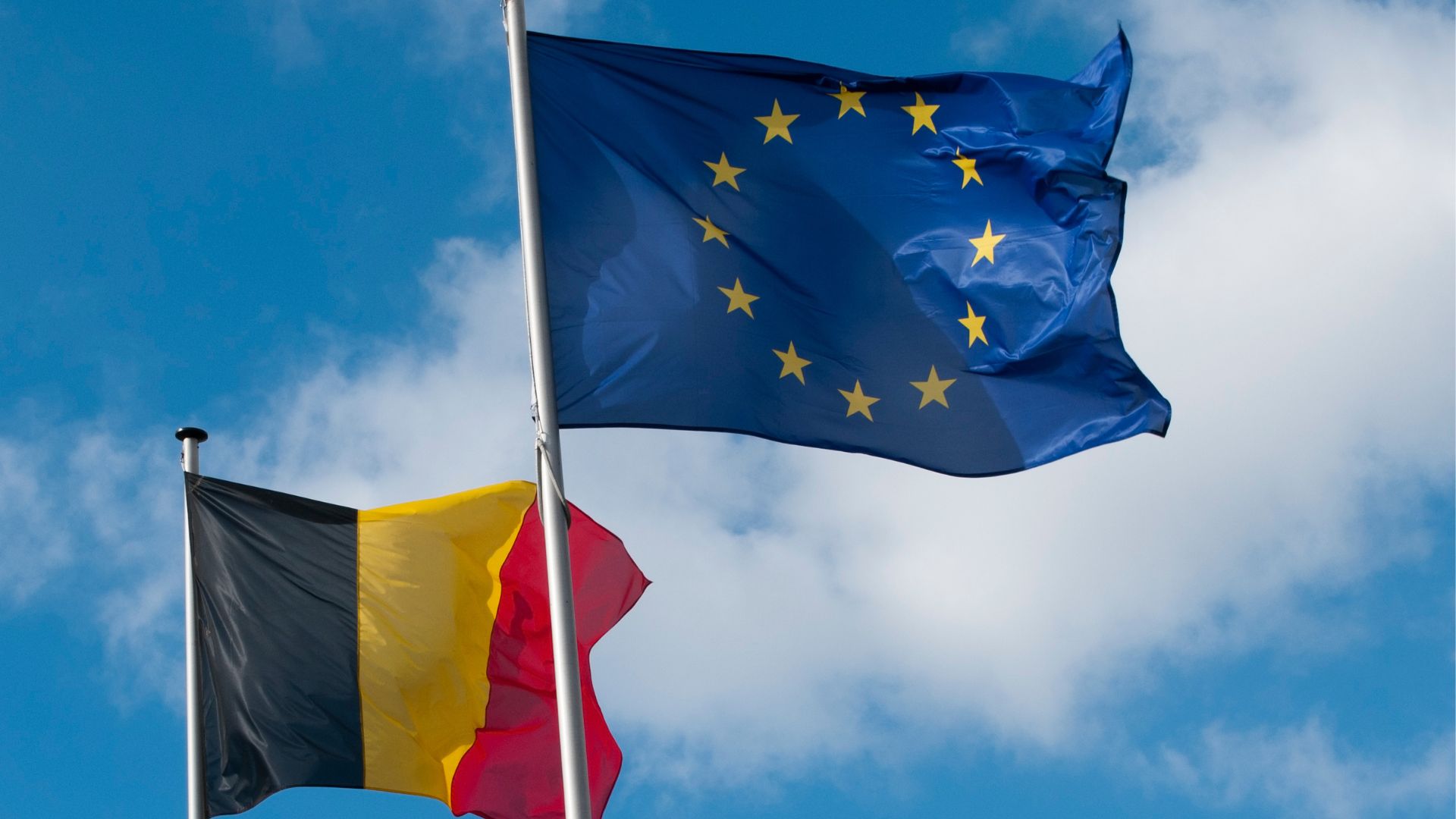YERUN welcomes EU Ministers’ policy files on research to be adopted today at the Competitiveness Council but urges leaders to take a broader view beyond competitiveness. Although crucial, this should not be the sole aim. A narrow economic focus is insufficient to measure the full value of university R&I.
Balancing dual objectives
The EU Ministers responsible for the research portfolio are set to adopt several policy files during a meeting of the Competitiveness Council today, 23 May 2024, in Brussels.
EU competitiveness and open strategic autonomy have been the common threads running through the Belgian Council Presidency policy priorities and political negotiations. In the area of research and innovation (R&I), this entailed a focus on both better valorisation and security of research results.
As a result of the strained geopolitical environment, the dual objectives of EU Member States to simultaneously call for more openness, use and sharing of knowledge, on the one hand, while also the need of securing or closing knowledge against possible misuse and foreign interference, on the other hand, undoubtedly places a lot of burden and responsibility along with high expectations on universities as major research performing organisations and creators of knowledge. For this not to act as a strain but as support to universities to balance these dual objectives, it was important that YERUN contribute to the discussions and bring in the voice of young research universities and their needs to the table.
Open vs closed knowledge society
As YERUN stated in our policy input in response to the call for evidence on boosting research security in the EU, closing access to hiring talent and putting restrictions on international collaborations to certain countries – especially by constraining funding through the flagship EU R&I Framework Programme – is not only against European values of openness but also “could prove a heavy toll on the competitiveness of Europe’s research and innovation sector.” This should be reflected in the final text of the Council Recommendation on enhancing research security, to be adopted today. Moreover, there is a need to support institutional preparedness and action with guidance by governments and the EU, while continue relying on the expertise and autonomy of universities to make the final decision on what research needs to be closed and restricted, or openly shared and valorised.
Another political document set to be adopted by the Council today – conclusions on strengthening knowledge valorisation – argues exactly for the latter. More knowledge should be directed towards society and transformed into tangible value for the economy to boost resilient European industry and its open strategic autonomy. Although YERUN welcomed that priority was placed on this crucial topic of valorising knowledge, for which universities play a key role, we argued that “progress in knowledge valorisation remains limited by an opportunity gap – where the societal potential of valorisation still remains underexploited. We need to go beyond a narrow focus on economic valorisation, and empower universities with an enabling policy environment.” We place fostering societal impact as the key role of valorisation in European R&I and call for engaging systematically with all societal actors, including citizens, and to rethink the current incentives structure which is inhibiting further progress, along a limiting overall narrative centering on competitiveness alone.
A key enabler for this is the biggest global funding collaboration vehicle, the EU R&I Framework Programme, which is the focus of the third important file foreseen to be adopted today – council conclusions on the ex-post assessment of Horizon 2020 and future outlook. With the YERUN position providing a vision for the future Framework Programme (FP10) as attractive, impactful and inclusive, we stressed the importance of designing a programme that acknowledges the interconnections and nonlinear progression of research and innovation, and the need to keep investing in research as a fuel for both short-term innovation and long-term impact. This is a necessary ingredient for European competitiveness but also broader societal impact of R&I.
Much more than …
As the recent Enrico Letta report states in ‘Much more than a market’, a fifth freedom is needed to reach the full potential of R&I in European society. However, this should amount to ‘much more than competitiveness’. We call for European policymakers and stakeholders to seize this opportunity to embrace the full potential that forward-looking research universities can bring in tackling global challenges which require open international collaboration, foster broad societal impact and improve lives of citizens in Europe and beyond.
.










